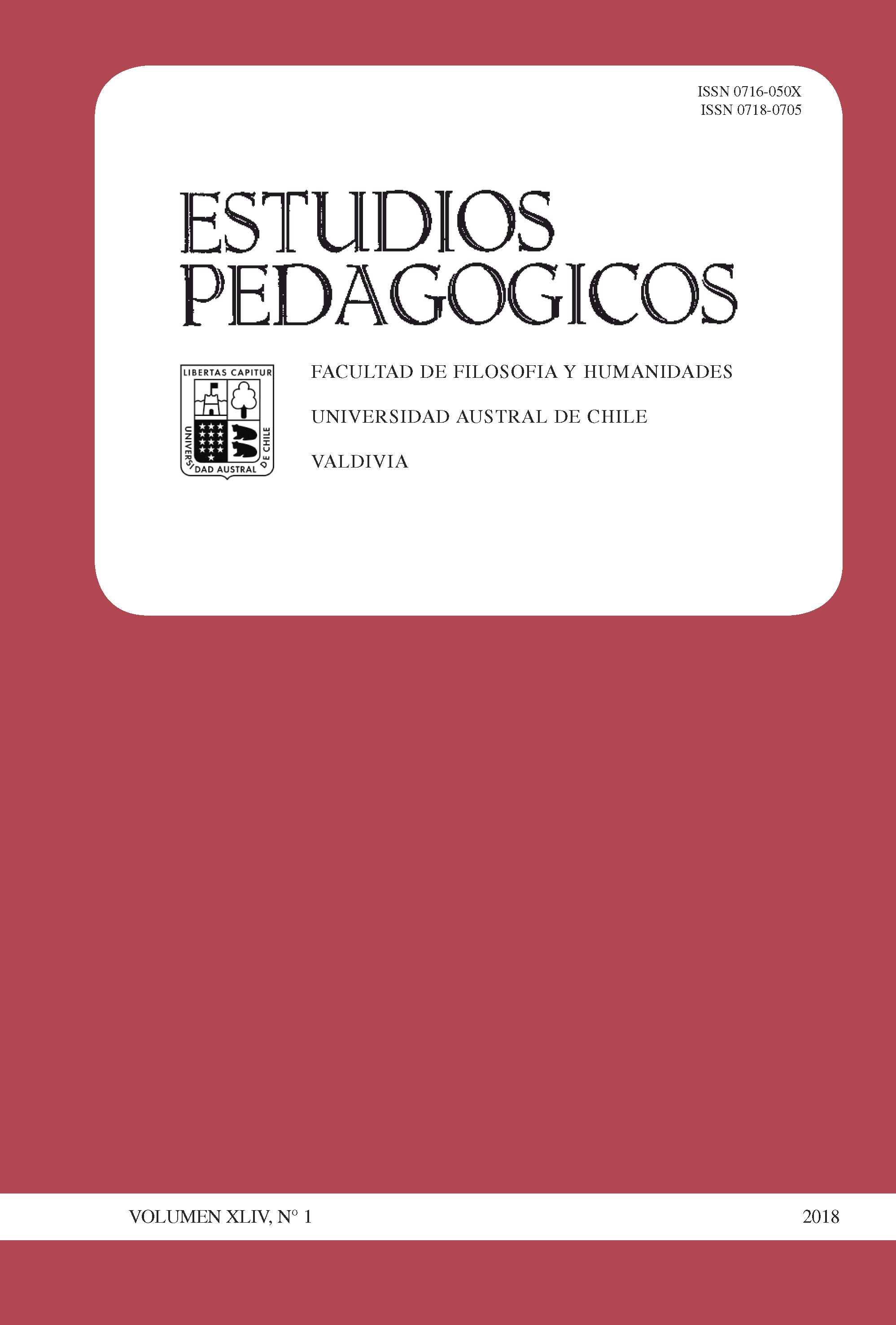Psychological Well-being and Cognitive Learning Strategies in Secondary Students with and without Formal Musical Training in the Coquimbo Region
Main Article Content
Abstract
This study aimed to investigate the possible relationship between formal music training, Cognitive Learning Strategies and Psychological Well-being in secondary students. The sample was of 216 students from establishments with and without formal musical training, in the Coquimbo Region, Chile. This research is of a cross-correlation type, in which a series of comparisons were made through a quantitative analysis. For the data analysis procedure, we used ANOVA, t-Student and Linear Regression tests. The results show significant differences only when considering the socioeconomic level. In the middle-low socioeconomic level, those who received musical training showed better results in Cognitive Learning Strategies, specifically in strategies related to searching, elaborating and selecting information, critical thinking, creativity, and memorization. In the middle-high socioeconomic level, those who received musical training had a lower average in Psychological Well-Being, especially in regard to meaning and vital purpose, and self-acceptance.

